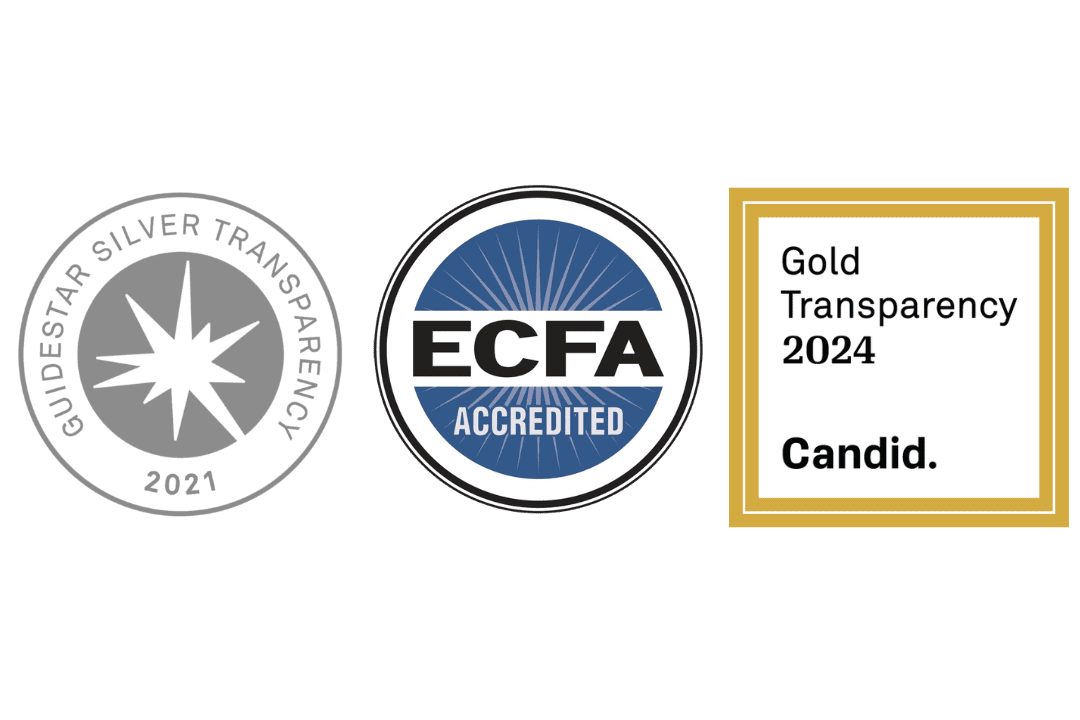I recently had the honor of speaking at the KC Business Alliance group. It is a group of professional men and women who come together each week to learn together and have genuine networking time focused on building relationships, not self-promotion. I always enjoy being around people like them, who are not self-serving but have a desire to see others succeed.
My message title was Avoiding the Titanic Approach to Character. It felt a little like I was preaching to the choir, as I had faith they were all businesspeople with high character and integrity. However, I also know good people can easily find themselves on a crooked path they never dreamed of. As a result, we all need the reminder that good people can make bad choices.
Although I won’t go into all of the Titanic details I shared, I did use the illustration of the 16 compartments built in the bottom of the ship, with 11 horizontal, water-tight doors designed to be able to close a damaged compartment in the event of an emergency. The ship designers believed four compartments could take on water, be sealed off, and still not sink the boat.
We all compartmentalize our lives to some degree. We have our professional compartment, personal compartment, spiritual or church compartment, parenting or spouse compartment, social compartment, and so on. And on some levels, we have to do that. For example, since my mom’s recent death, I have had a lot of emotions I am dealing with. I can’t bring those emotions to work with me every day and let them interrupt the work I am paid to do. So I must keep those feelings in check at work and let them out more so at home, in my personal compartment.
The problems develop when we go beyond compartmentalizing our emotions or behaviors and compartmentalize our character and our integrity. When a challenging situation arises, and we are in a vulnerable state, it may be tempting to think we can compromise our character a little in one compartment but not in the others.
It is naïve ever to think that we can live without integrity in one area of our lives and it not overflow into other areas of our lives. We saw what happened when the compartments in the Titanic were compromised. Figuratively speaking, icebergs happen, and we never know what event will expose our character.

In the interest of being brief, I won’t share the stories I did in my message, but I gave three points, three A’s, to help us avoid compromising our character.
Awareness
It is vital to acknowledge that each of us is just one bad decision away from taking a wrong path. When we think we are above temptation, we can be caught off guard and are most susceptible. It is so easy to say, “I would never,” and odds are, most of us would not. But when we believe we are infallible, we are vulnerable.
As I said before, good people make bad choices every day. They find themselves in vulnerable or desperate situations, and one wrong step starts them down a path they didn’t intend to take. We have to realize our vulnerability results from hyper-focus on an area of personal need or desire. It is the area we are looking to fill a void.
As Christ-followers, we know only He can fill voids that we have in life. Especially those that stemmed from childhood suffering or a life trauma. Philippians 4:19 says, “And my God will meet all your needs according to the riches of his glory in Christ Jesus.” He will meet our financial needs, yes. But He will also fill those voids that have left us personally or spiritually depleted.
Active Prevention
The adage “an ounce of prevention is worth a pound of cure” is relevant to more than just our health. We must make an absolute decision that we will not be unethical in any area. One of my favorite quotes by John Maxwell is, “There’s no such thing as business ethics. There’s just ethics.”
It is advantageous when we make an absolute decision about something, and we never need to revisit that decision again, no matter what circumstances arise. For example, quoting John Maxwell again, I heard him say that he decided to be faithful to his wife when he married her. He stated that he never had to revisit that decision again, there was never a morning when he woke up that he had to ask himself if he would be faithful that day. That is what I call an absolute decision.
As we think about the compartments of our lives, I can’t have the approach that I will be ethical in my marriage, but I can compromise a little in my work life. I can’t say I will not lie to my husband, but I will fudge a little and turn in this personal expense for reimbursement as a work expense.
Once we have made an absolute decision to have congruent character, it is only smart to put boundaries in place. We want to be proactive in preventing any unnecessary exposure to possible unethical choices. Every industry has a way to set boundaries or checks and balances in place that allow you a safeguard.
Accountability
If you are a parent, you have probably said to your children many times, “Choose your friends wisely.” That advice never stops being relevant, from choosing our influences at any age, choosing our mentors wisely, and even our place of employment.
If you had a boss ask you to do something questionable that would affect the bookkeeping directly or indirectly, would you do it? We have all heard countless stories about employers asking an employee to do something illegal, and the employee faced the decision to compromise or lose their job.
I have always been dumbfounded that an employer would ask an employee to lie for them in any capacity. If a person is willing to lie for you, isn’t that the same character that would lie to you?
The bottom line is that we all need accountability at any level and any age. We must have people in our lives who we will be transparent with and who has permission to speak the truth to us even when we don’t want to hear it. We need someone to answer to and who will ensure we apply Biblical principles to our lives.
There are numerous scriptures about holding each other accountable, which leads me to believe God knew we needed each other to help shoulder the burden of temptations. Galatians 6:1-2 says, “Brothers, if someone is caught in a sin, you who are spiritual should restore him gently. But watch yourself, or you also may be tempted. Carry each other’s burdens, and in this way you will fulfill the law of Christ.”
James 5:16 also speaks to me profoundly. It says, “Therefore confess your sins to each other and pray for each other so that you may be healed. The prayer of a righteous man is powerful and effective.” We need each other. We need to care about each other enough to have tough conversations and speak hard truths.

If we desire to honor God through our work lives, we need to ensure our character mirrors the character of Christ. And to ensure that, we need to acknowledge we are not infallible, be active in preventing vulnerable situations and creating boundaries, and be accountable for our choices when no one is looking.
There is so much more we could add to this topic. What would you add as an imperative in teaching about our character in the workplace?
Thank you for being a part of the UBN community. You matter to God, and you matter to us.



